Who is going to do the best job of cleaning a chimney? There are many people that clean their own. Most people prefer a trained set of eyes and a certified professional clean it. How often should a chimney be cleaned? What should you look for when hiring a pro? Let’s sort it out…
CLEAN YOUR OWN?
There are a lot of people that clean their own chimneys. A professional grade and properly sized brush and fiberglass rods are a must for the do-it-yourselfer. Never use a log chain or anything that could damage the interior of a chimney. A safety harness or fall protection kit, eye protection and heavy leather gloves should be part of the cleaning equipment inventory list.
Dry and seasoned wood, correct burning habits and the type of equipment are all going to have significant bearing on how dirty your chimney becomes after several weeks or months of use. Thoroughly inspecting the interior of a chimney can be very difficult for a homeowner. What am I looking for? How do I identify a potential problem? Do I have the right equipment to methodically inspect the entire chimney? These are just a few of the questions that a DIY will struggle with. Furthermore, any deterioration to the chimney normally starts on the inside. By the time it’s noticed on the outside, serious damage and costly repairs are next. There’s a better way.
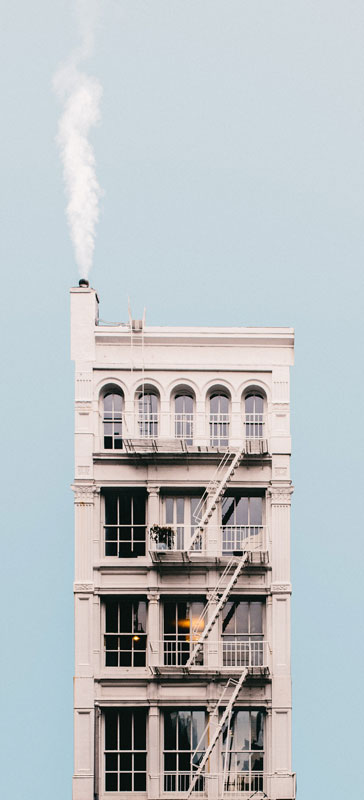 CSIA & NFPA
CSIA & NFPA
The Chimney Safety Institute of America (CSIA) is an organization dedicated to training, educating and certifying chimney and hearth industry professionals. This is a non-profit and educational organization that is dedicated to the prevention and correction of hazards associated with chimney venting systems. This is the agency that certifies professional chimney sweeps.
The National Fire Protection Association (NFPA) is another non-profit organization that promotes safety standards, education and training regarding fire hazards. This is the agency that sets the standards for chimney inspections.
THERE ARE THREE LEVELS OF INSPECTION:
The most common and minimum requirement for inspection is Level 1. This is for chimneys not experiencing any specific problem. Level 1 inspections:
- Examine the readily accessible portions of the interior and exterior of the chimney.
- Identify the nature and volume of combustible deposits in the chimney.
- Examine appropriate accessible portions of the chimney and fireplace.
- Note the basic condition of the chimney structure and flue.
- Notes the fundamental installation and clearances to combustibles
- Determines if obstructions exist.
If there is ever any change to your heating system, a Level 2 inspection will be the recommended option. In addition to the items mentioned above, a Level 2 inspection is required when:
- There is a change in fuel types.
- A flue is relined.
- Replacing or adding an appliance.
- If selling your property.
- Any operational malfunction, a building or chimney fire, a strong storm or an Act of God that may have caused damage.
Any part of the chimney that can be accessed is included in a Level 2 inspection. Video scanning or other techniques to examine interior surfaces and joints may also be used.
When a Level 1 or Level 2 inspection indicates a serious hazard or special tools/equipment are necessary to access concealed areas of the chimney, a Level 3 inspection is appropriate. This may involve opening up some walls and other demolition work in order to thoroughly inspect those hidden areas.
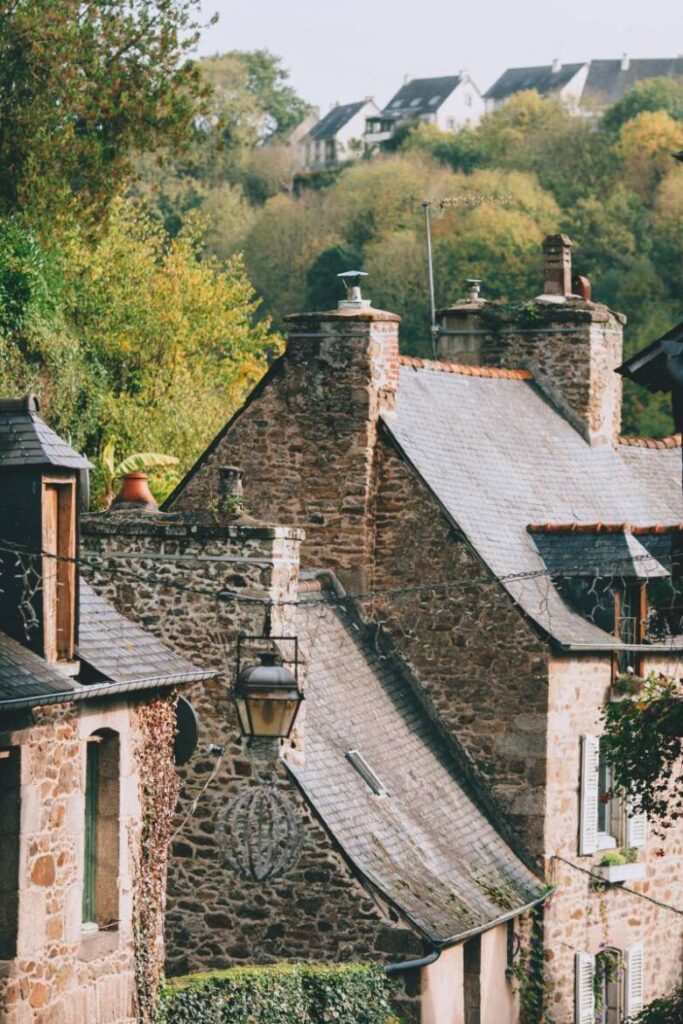 WHY THE EXPLANATION OF THE DIFFERENT LEVELS OF CHIMNEY INSPECTIONS?
WHY THE EXPLANATION OF THE DIFFERENT LEVELS OF CHIMNEY INSPECTIONS?
After all it’s just a little creosote that needs to be brushed out, right? No, that’s not correct. There is much more to properly cleaning a chimney than running a brush down it.
Fixing a chimney can be very expensive. With regular inspections and proper maintenance, any issues can be spotted early and pricey repairs avoided. And don’t forget, never underestimate the importance of properly preparing the wood supply and following recommended burning techniques.
So, who cleans chimneys? Call a professional who has been specifically trained to understand the science, knows correct construction techniques and is familiar with the NFPA code requirements. Any nationally certified CSIA chimney sweep should be trained and equipped to perform all 3 levels of inspection. You and your family can rest easy knowing that your chimney system is cleaned, inspected and performing properly.
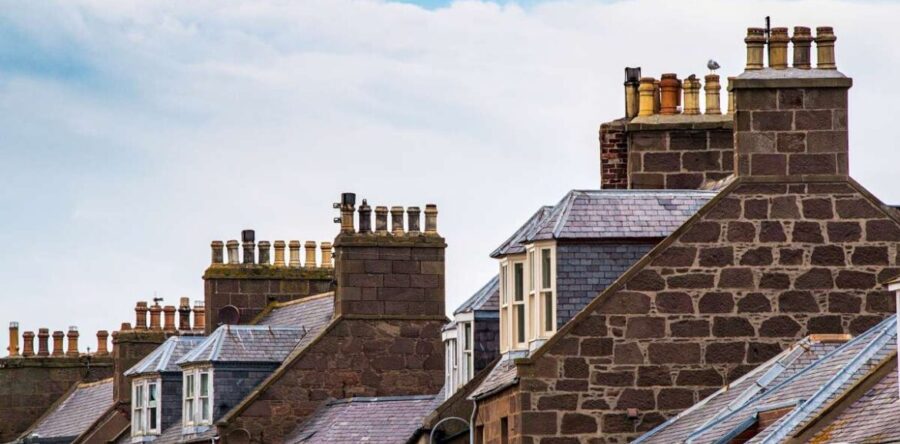

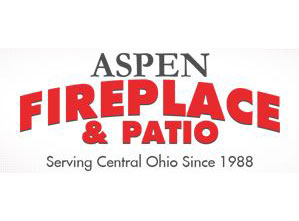

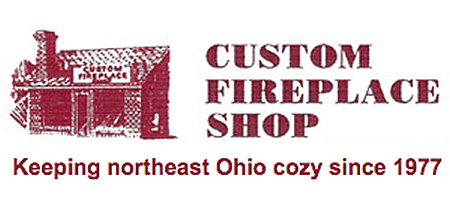
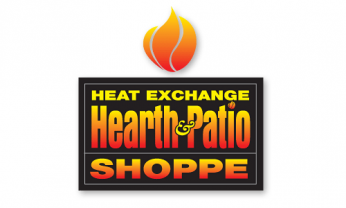


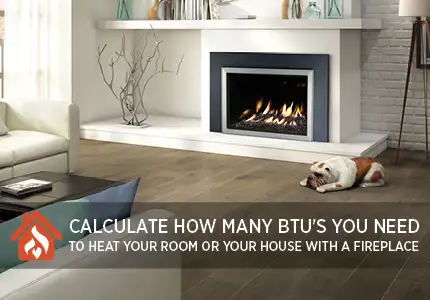

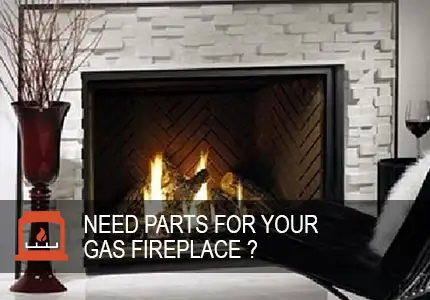
2 Responses